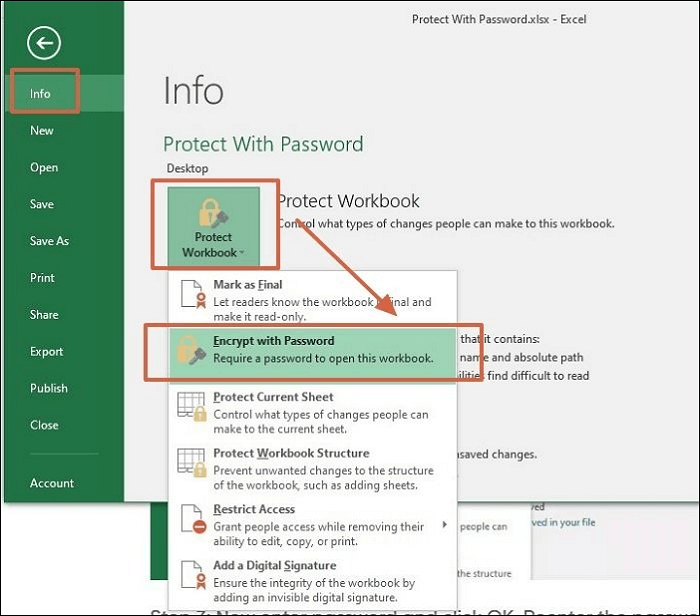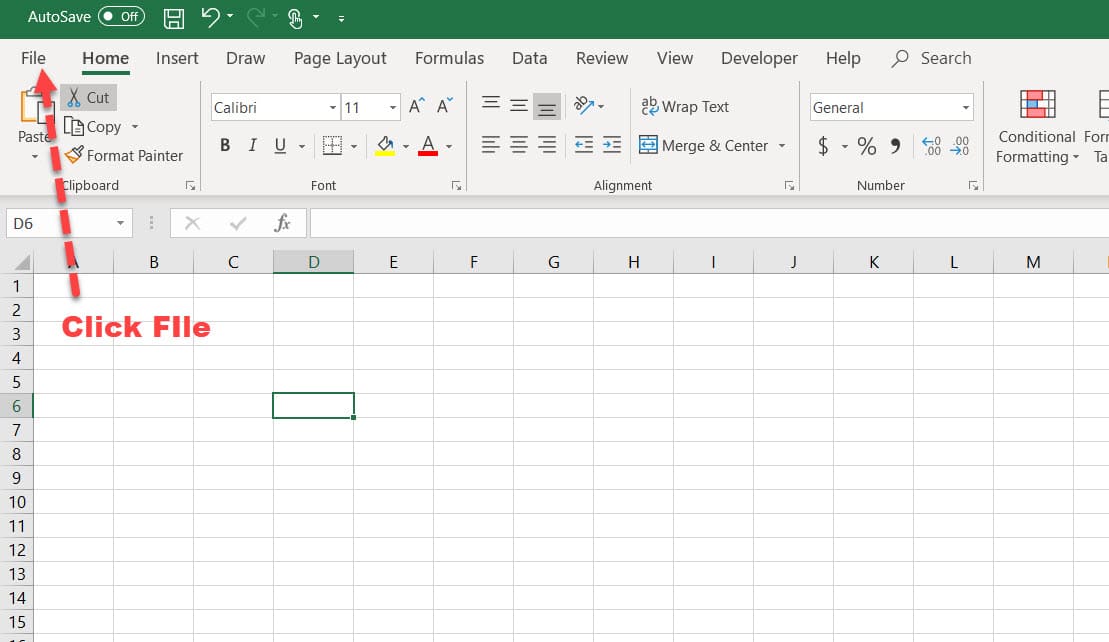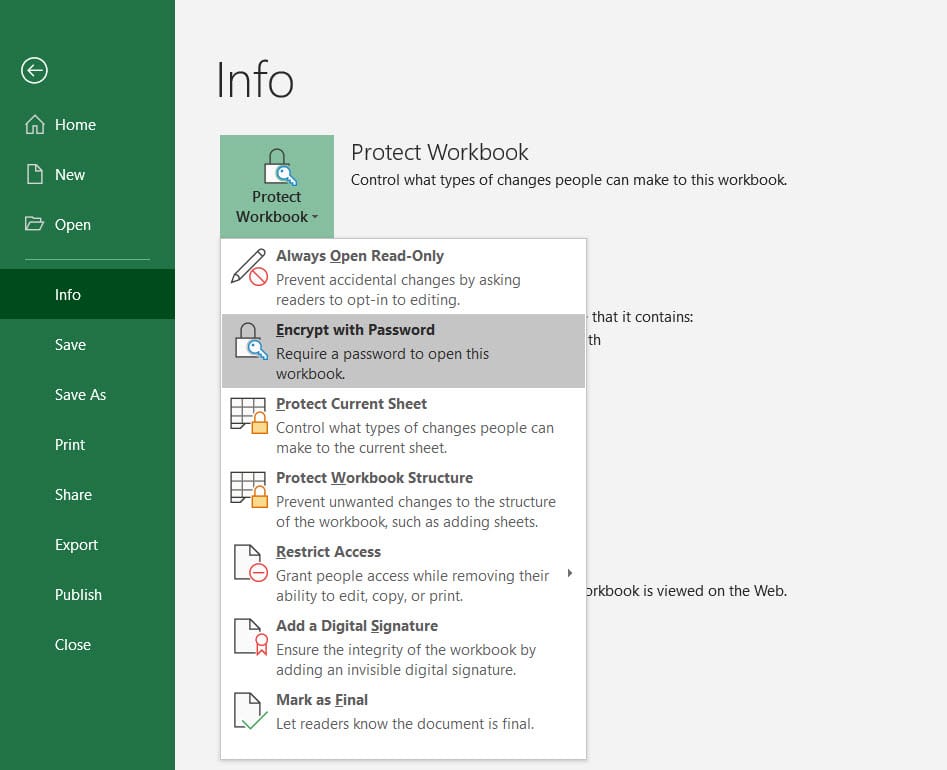Protecting Hidden Excel Sheets with Password: Simple Guide

In today's data-driven environments, protecting sensitive information is paramount. Whether it's financial data, personal records, or proprietary business information, keeping your Excel worksheets secure is critical. One effective method to ensure privacy and data integrity is by using password protection for hidden sheets. This guide will walk you through how to protect hidden sheets with a password in Microsoft Excel, making your sensitive data less vulnerable to unauthorized access.
What is a Hidden Sheet in Excel?

Before diving into the steps of protection, let’s understand what a hidden sheet in Excel means:
- Hidden Sheets: These are worksheets that are concealed from the immediate view within a workbook but can still be accessed through specific commands or by unhiding them.
Why Password Protect Hidden Sheets?

Here are the reasons:
- Prevent Accidental Access or Modification: Hidden sheets might contain raw data or calculations that users should not modify.
- Maintain Data Privacy: Prevent others from seeing sensitive or confidential information.
- Protect Formulas and Calculations: Ensure that critical calculations are not altered, which could result in incorrect data.
- Professionalism: Present a cleaner workbook by hiding sheets with supporting data, enhancing the user experience.
Step-by-Step Guide to Password Protect Hidden Sheets

Let’s go through the steps to secure your hidden sheets:
1. Hide the Sheet

To hide a worksheet:
- Right-click on the sheet tab you want to hide.
- Choose “Hide” from the dropdown menu.
2. Protect the Workbook Structure

Now, to prevent anyone from unhiding the sheet:
- Go to File > Info.
- Under “Protect Workbook,” click on “Protect Structure and Windows.”
- In the dialog box that appears, check “Structure” and enter a password. Click “OK.”
- You’ll be prompted to confirm the password. Type it again and click “OK.”
⚠️ Note: Remember this password as you won't be able to unhide or modify the workbook structure without it.
3. Apply Additional Workbook Protection

For enhanced security, you can also:
- Return to “Protect Workbook” and click on “Protect Workbook for Windows.”
- Check “Windows” in the dialog box and set a different or the same password.
🔍 Note: Protecting the workbook windows can prevent resizing or moving of windows, which can also be part of your presentation strategy.
4. Testing Your Protection

After applying the protection:
- Try un-hiding the sheet. You should be prompted for the password.
- Attempt to change the workbook structure like adding or deleting sheets.
5. Removing Password Protection

If you need to make changes or unhide sheets later:
- Go back to File > Info and click on “Protect Workbook.”
- Uncheck “Structure” or “Windows” and enter your password.
Considerations When Protecting Hidden Sheets

When securing your Excel sheets, keep in mind:
- Complexity of Passwords: Use strong, complex passwords to prevent brute-force attacks.
- Regular Password Updates: Change passwords periodically for enhanced security.
- Backups: Always keep a backup copy of your workbook in case you lose access.
- Access Control: Only provide the password to individuals who need it.
In conclusion, password protecting hidden sheets in Excel is an effective way to ensure data privacy and integrity. By following these steps, you can securely hide and protect sensitive information, reducing the risk of unauthorized access or accidental modifications. This approach allows you to maintain professionalism in your presentations and reports while safeguarding your data from unauthorized eyes. Remember to use strong passwords, update them regularly, and keep backups to ensure you can access your data when needed.
Can I protect hidden sheets without protecting the entire workbook?

+
No, the workbook’s structure protection is required to prevent users from unhiding sheets.
What happens if I forget the password to my Excel file?

+
If you forget the password, you could lose access to your data permanently unless you have a backup. Third-party tools can sometimes bypass Excel’s protection, but this is not recommended due to potential data loss.
How can I protect sheets without hiding them?

+
You can protect individual sheets using the “Protect Sheet” feature which locks the sheet but doesn’t hide it from view. Users will still see the sheet’s tab, but they won’t be able to edit or interact with its contents.
Can I protect Excel sheets on mobile devices?

+
Yes, Excel for mobile devices supports protecting sheets, but the interface and steps might differ slightly from the desktop version. However, the core functionality remains the same.



